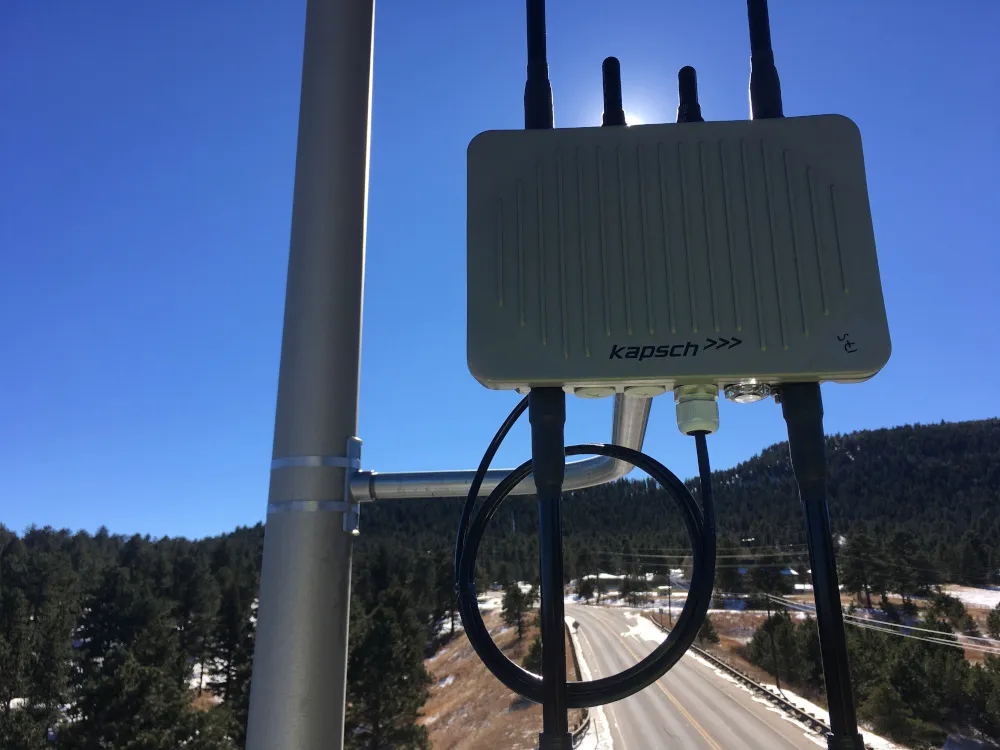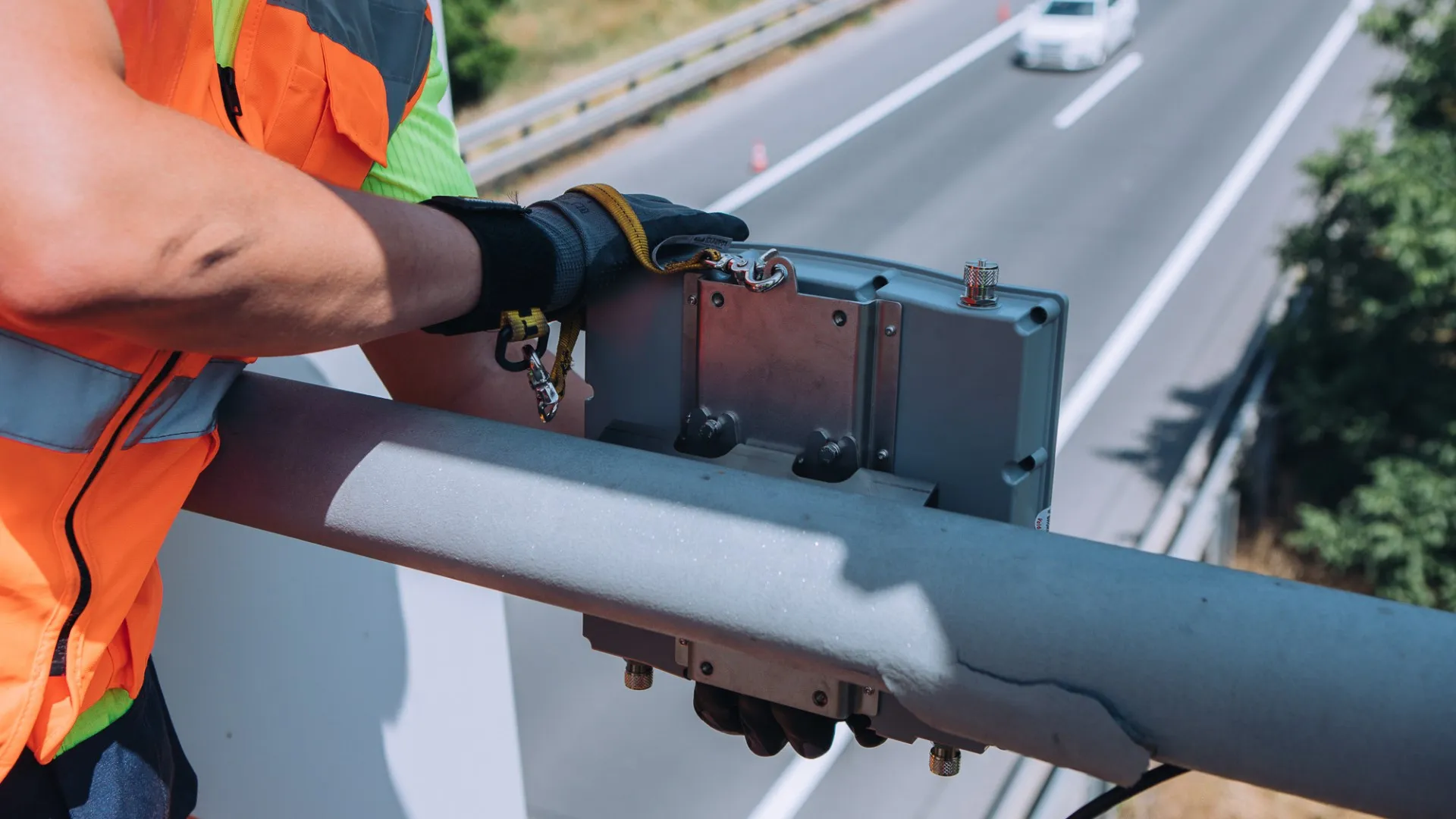
The green light from OmniAir confirms RSUs meet operational standards set by the Institute of Electrical and Electronic Engineers, Society of Automotive Engineers and specifications from the US Department of Transportation (USDoT).
The company says each unit enables Vehicle to Infrastructure communication when implemented with corresponding in-vehicle on-board units (OBUs). The dual-band RIS-9260 was certified for the DSRC radio setting but has an option for users to choose operation between a DSRC and cellular Vehicle to Everything communication which - according to Kapsch - allows the RSUs to communicate with certified OBUs from other vendors.
The RSUs were tested for Wireless Access in Vehicular Environments and USDoT RSU specification compliance by European vehicle inspection company DEKRA.









